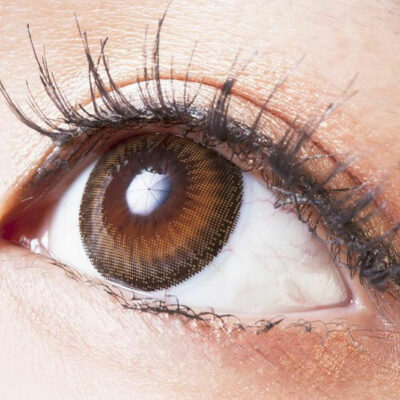
Soaps That Trigger Eczema
Eczema is a skin condition that dries out the skin, causing it to become itchy and inflamed. Eczema is often chronic and patients experience regular flare-ups that can be painful and irritating, so it’s important to speak with healthcare providers about potential treatments, such as medicated ointments and creams that can help soothe and heal the skin. With eczema, there are certain topical products that you will want to avoid, including fragranced soaps. Even soaps made with natural botanical oils should be avoided and you should opt for unscented soaps as an alternative. Additionally, you should look for antibacterial soaps that have approval or endorsements from organizations such as the National Eczema Association. Here are some soaps that trigger eczema that you should be avoiding:
1. Fragranced soaps
Soaps with fragrances are not gentle on the skin for individuals with eczema as they can be allergens. However pretty they may smell, fragranced soaps or lotions should always be avoided as they will typically cause a reaction on your sensitive skin. As previously mentioned, you should purchase unscented soaps and soaps approved by reputable organizations.
2. Soaps that contain dye
Like scented soaps, soaps that contain artificial dyes are also bad for people with eczema. This is due to the fact that dyes can also be allergens that result in flare-ups and be too harsh on sensitive skin.
3. Soaps with harsh ingredients
Salicylic acid, formaldehyde, and propylene glycol are often found in soaps for exfoliating or antibacterial purposes. However, whatever benefit they pose is typically not good for those with eczema. These ingredients are known to be harsh on the skin, so if your skin is especially sensitive, you should avoid these ingredients at all costs.
4. Soaps with known allergens
It’s essential to look at the ingredients of any product you use with eczema. If you’ve experienced flare-ups, it’s likely that you are aware of some allergens and sensitivities you have to certain ingredients. As such, before you buy or use a soap, you should check the ingredients list to ensure you’re not going to apply any known allergens to your skin.
5. Non-alkaline (acidic) soaps
Most soaps have a balanced pH; however, with eczema, it has been found that alkaline soaps are the best. The pH of soap has to do with how acidic or how basic something is—for alkaline, you want to look for anything on the basic side of the pH scale or anything greater than 7. Alkaline soaps keep your skin’s pH in check which helps to reduce irritation and itchiness—acidic soaps will do the opposite, so do your best to avoid them.


